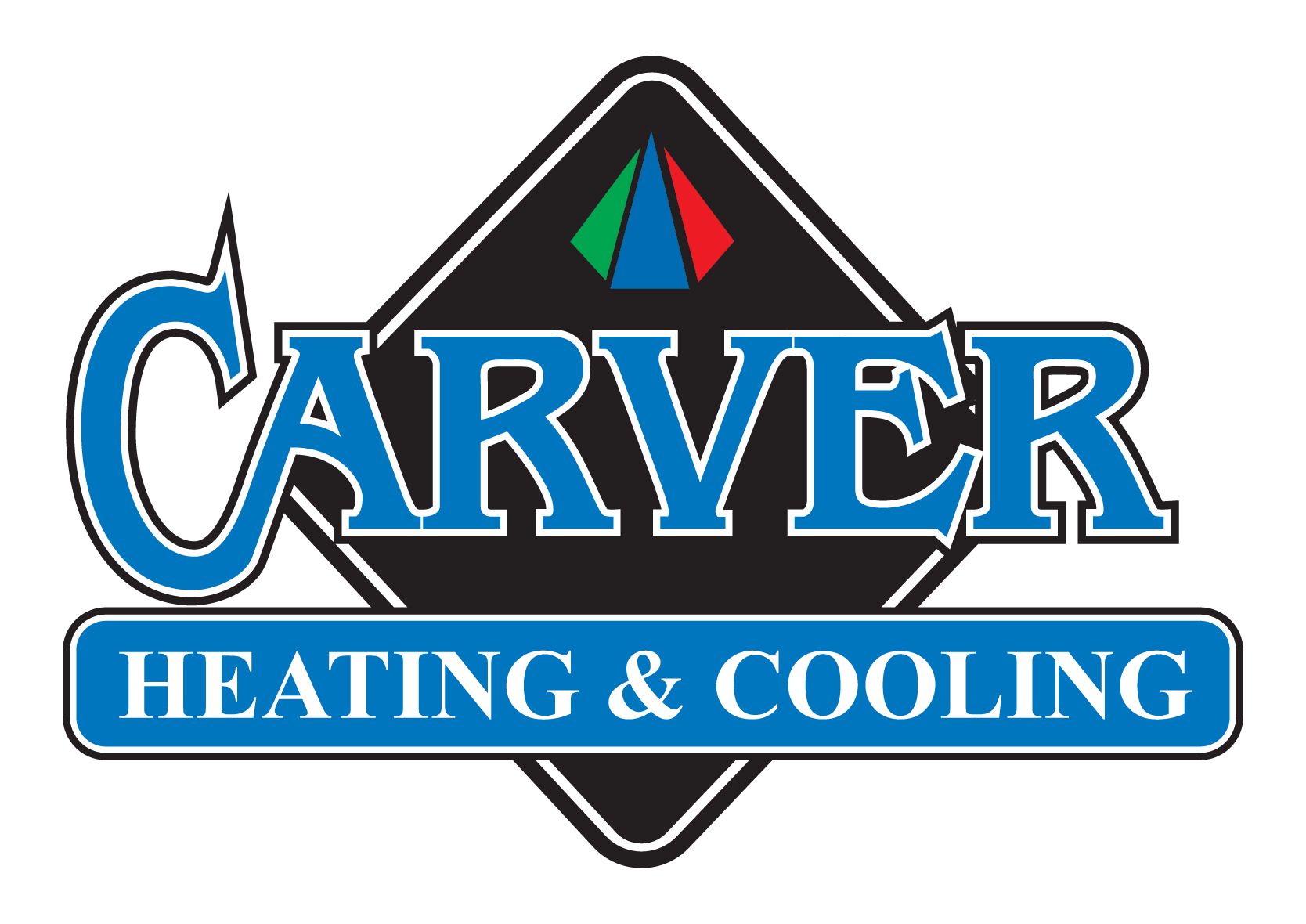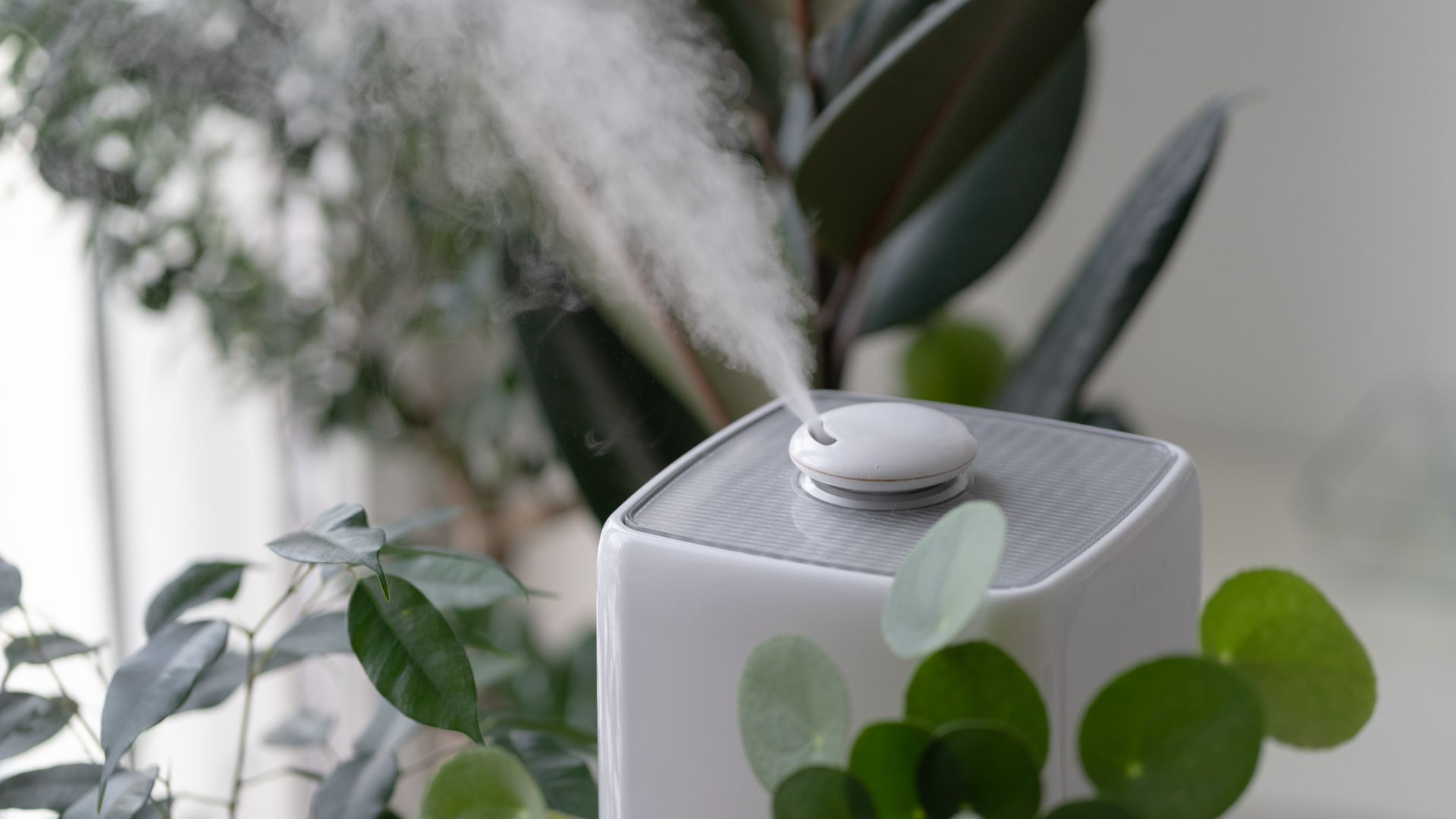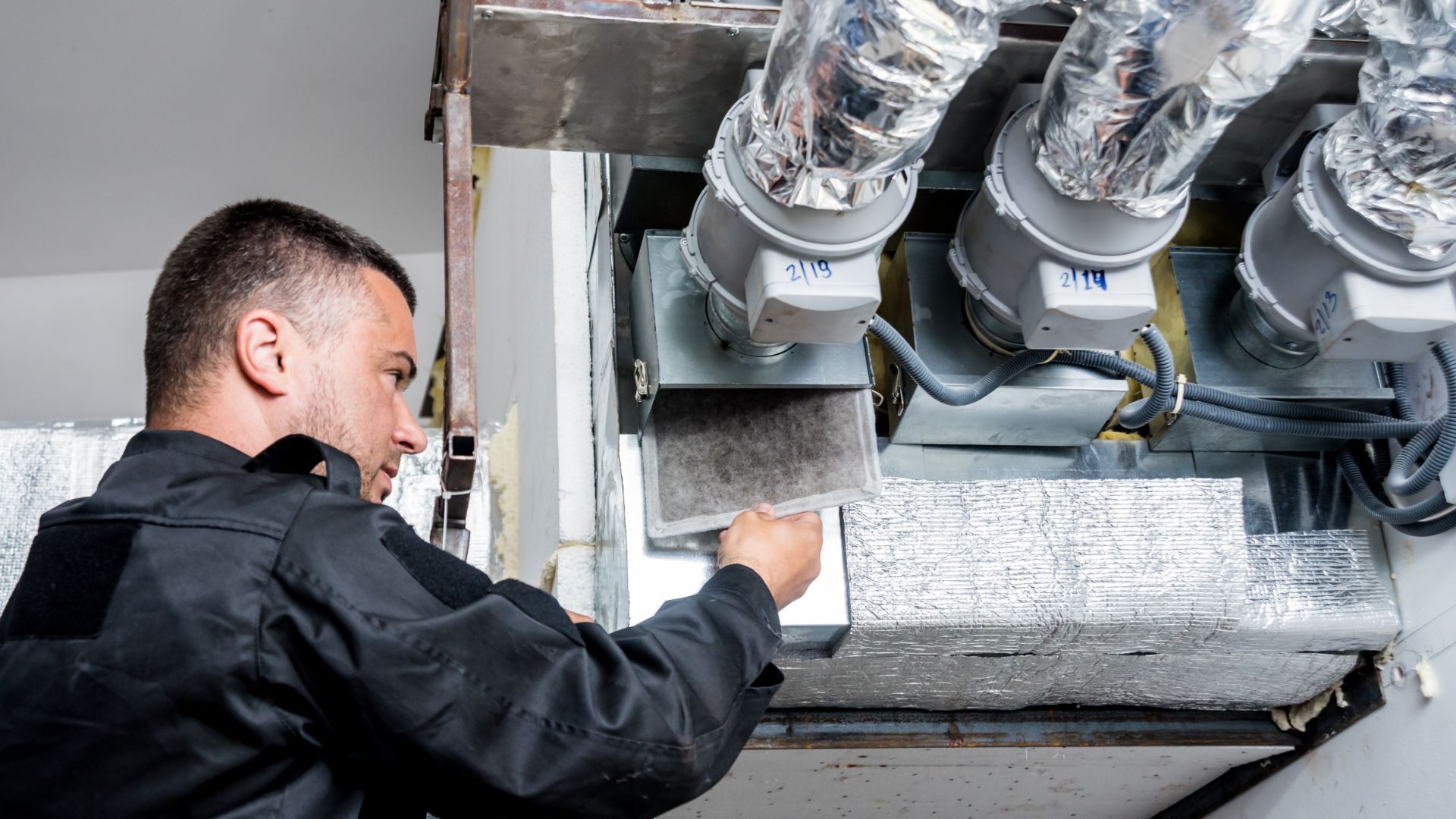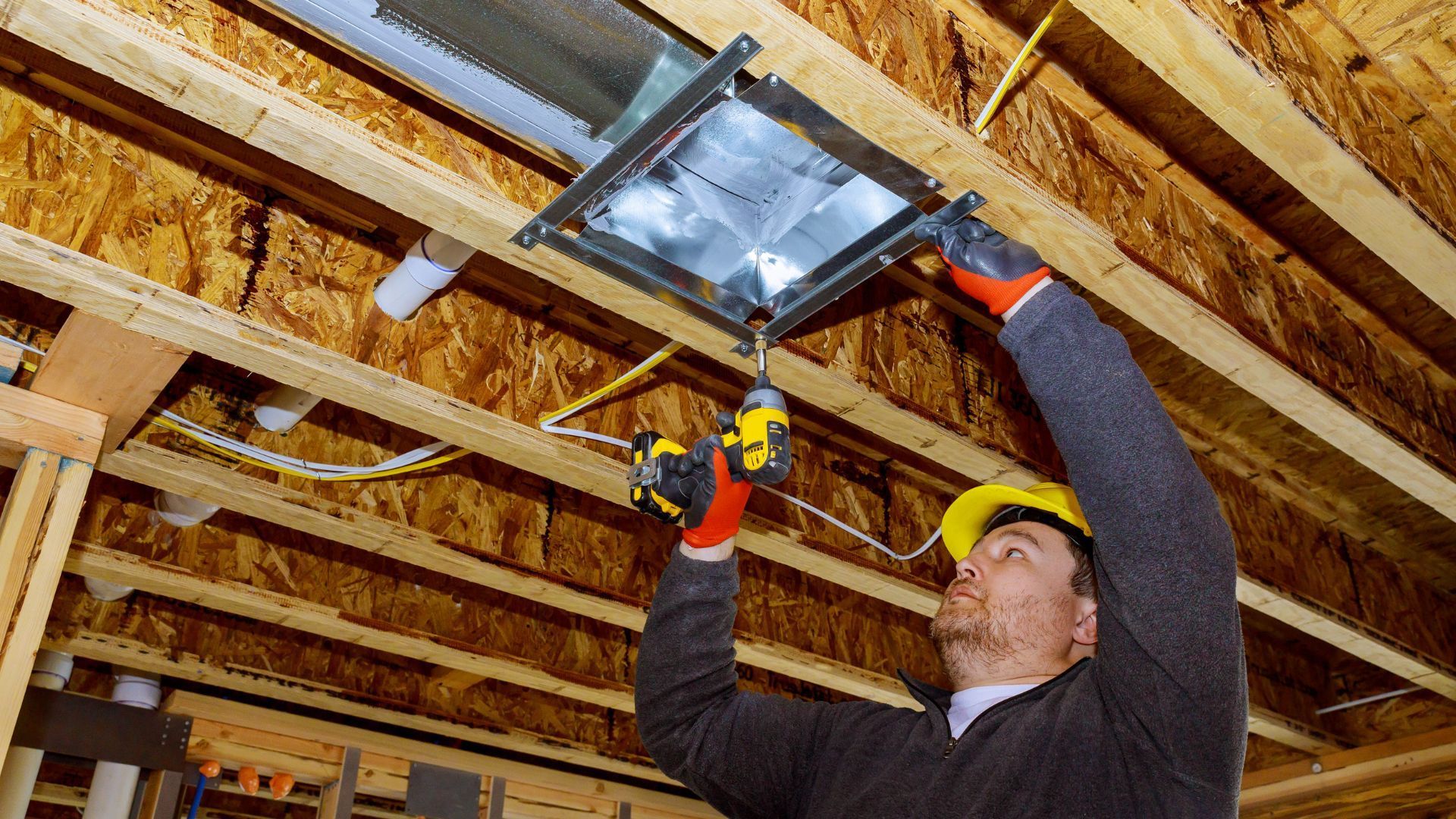Working Hours: Monday - Friday 08:00 AM - 04:30 PM
Understanding the Different Types of HVAC Water Heaters
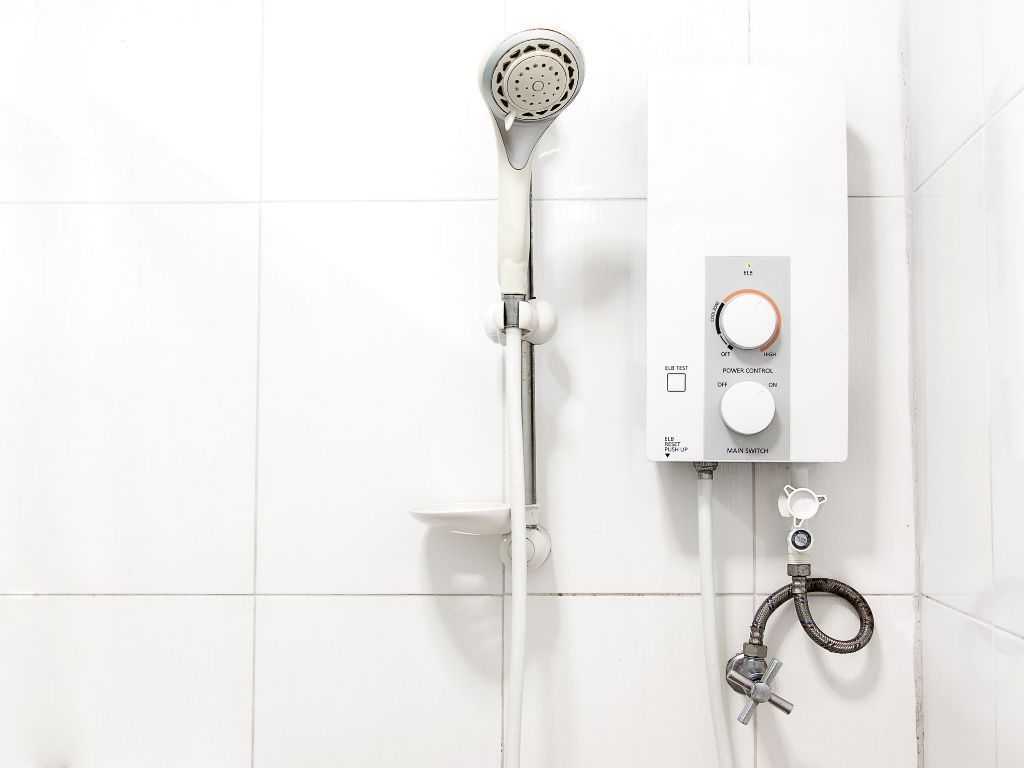
HVAC water heaters, also known as hot water heaters or simply water heaters, provide hot water for various household needs, such as showering, cooking, and cleaning. There are several types of HVAC water heaters to choose from, each with its own benefits and drawbacks. This article will introduce the different types of HVAC water heaters and discuss their key features, how they work, and the benefits of using an HVAC water heater. We will also provide some tips on how to choose the right HVAC water heater for your home.
Types of HVAC Water Heaters
There are three main types of HVAC water heaters: tankless water heaters, storage tank water heaters, and heat pump water heaters.
- Tankless Water Heaters
Tankless water heaters, also known as demand-type or on-demand water heaters, do not store hot water in a tank. Instead, they heat water as it flows through the device, using gas or electricity. Tankless water heaters are more energy efficient than storage tank water heaters because they do not always have to keep a large volume of water hot. They are also more compact, making them a good choice for small homes or apartments. However, they may be unable to keep up with the hot water demand of multiple appliances being used simultaneously, such as a dishwasher and a washing machine.
- Storage Tank Water Heaters
Storage tank water heaters store hot water in a tank for later use. They come in a variety of sizes, with larger tanks able to hold more hot water at a time. Storage tank water heaters are fueled by either gas or electricity. They are generally less energy efficient than tankless water heaters because they need to keep the stored hot water at a consistent temperature, even when it is not used. However, they can meet the hot water needs of multiple appliances being used at the same time.
- Heat Pump Water Heaters
Heat pump water heaters use electricity to move heat from the air or ground to heat water. They are more energy efficient than traditional storage tank water heaters, but they are more expensive upfront and may not be suitable for very cold climates.
How HVAC Water Heaters Work
HVAC water heaters work by heating water and storing it in a tank or on demand. Tankless water heaters heat water as it flows through a heat exchanger, while storage tank water heaters heat water in a tank using a heating element. Heat pump water heaters use an air-source or ground-source heat pump to transfer heat to the water.
Benefits of Using an HVAC Water Heater
There are several benefits to using an HVAC water heater, including energy efficiency, cost savings, and space savings.
- Energy Efficiency
HVAC water heaters can be more energy efficient than traditional water heaters, which can save you money on your energy bills. Tankless and heat pump water heaters are particularly energy efficient, as they do not need to keep a large volume of water hot at all times.
- Cost Savings
HVAC water heaters can save you money on your energy bills and also on the initial cost of the appliance. Tankless water heaters have a longer lifespan than storage tank water heaters, which can save you money on replacements over time.
- Space Savings
HVAC water heaters are generally more compact than traditional water heaters, which can save space in your home. Tankless water heaters, in particular, are much smaller than storage tank water heaters, making them a good choice for small homes or apartments.
Maintenance and Care for HVAC Water Heaters
Proper maintenance and care are important for the efficiency and lifespan of your HVAC water heater. Here are some tips to keep in mind:
Drain the tank annually to remove sediment that can build up at the bottom of the tank.
Check the temperature and pressure relief valve regularly to make sure it is functioning properly.
Insulate the hot water pipes to reduce heat loss and save energy.
Regularly check the anode rod to ensure it is not corroded, as this can cause the tank to rust and fail.
Choosing the Right HVAC Water Heater for Your Home
When choosing an HVAC water heater for your home, there are several considerations to keep in mind, such as size, fuel type, and location.
- Size
The size of the water heater you need will depend on the hot water demand of your household. A larger family will need a larger water heater to meet their hot water needs.
- Fuel Type
HVAC water heaters can be fueled by gas, electricity, or propane. Consider the availability and cost of the fuel type in your area and any preferences or requirements you may have.
- Location
The location of the water heater will also impact your decision. Tankless water heaters can be mounted on a wall, while storage tank water heaters and heat pump water heaters are typically installed on the ground. Consider the available space in your home and the ease of access for maintenance and repairs.
Conclusion
HVAC Water Heaters Provide an Efficient and Cost-Effective Way to Heat Water in Your Home
HVAC water heaters are a convenient and efficient way to provide hot water for your household. There are several types to choose from, each with its own benefits and drawbacks. Proper maintenance and care can help extend the lifespan and efficiency of your HVAC water heater. By considering factors such as size, fuel type, and location, you can choose the right
HVAC water heater for your home.

INFORMATION
176 Rectory St, London, ON N5Z 2A5, Canada
Follow us on Facebook
BROWSE OUR WEBSITE
EMERGENCY SERVICE
